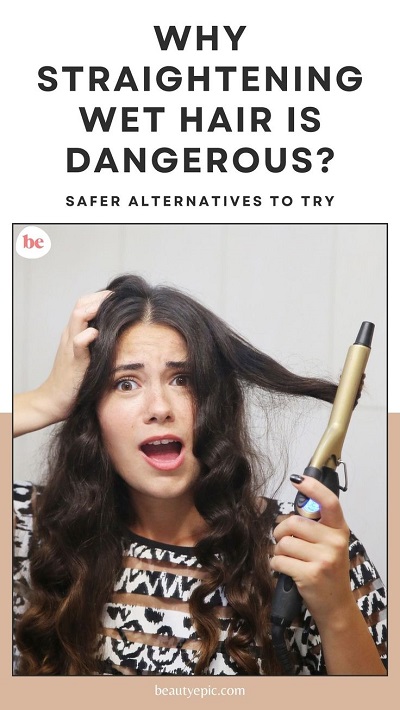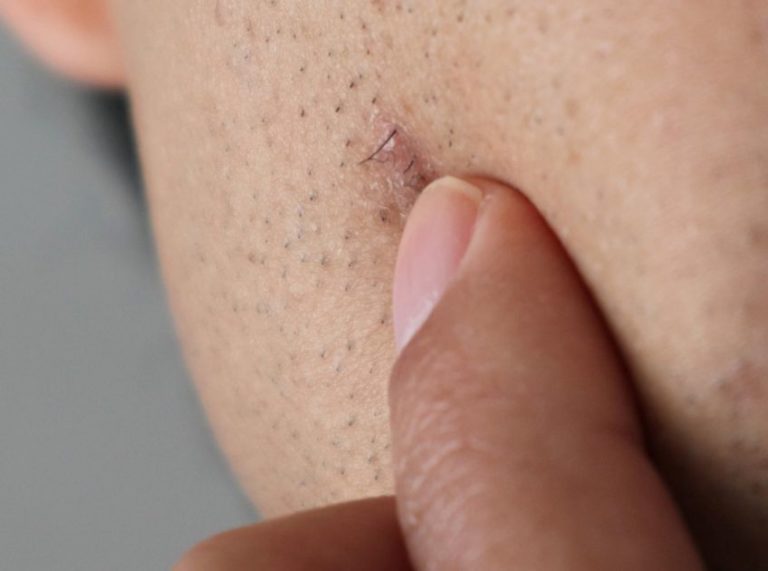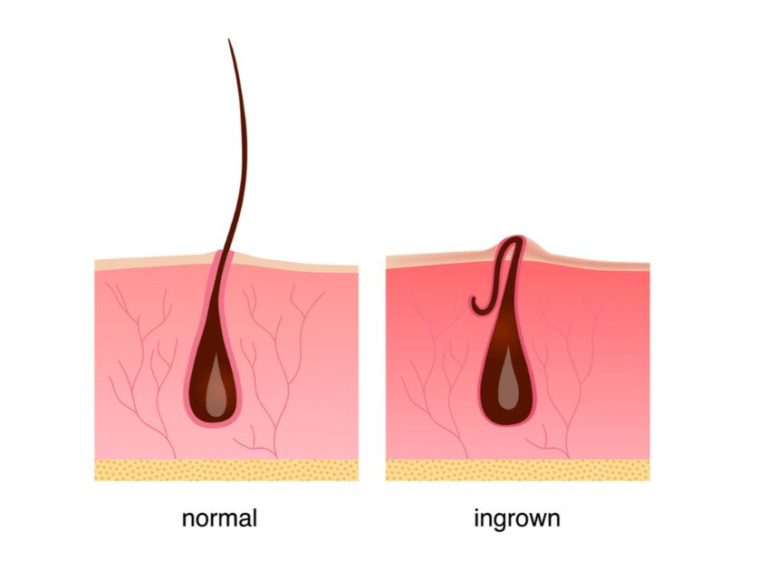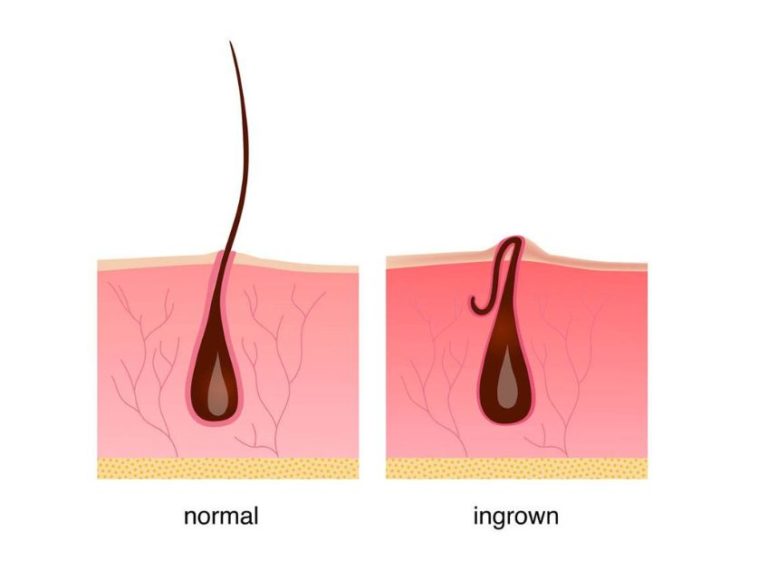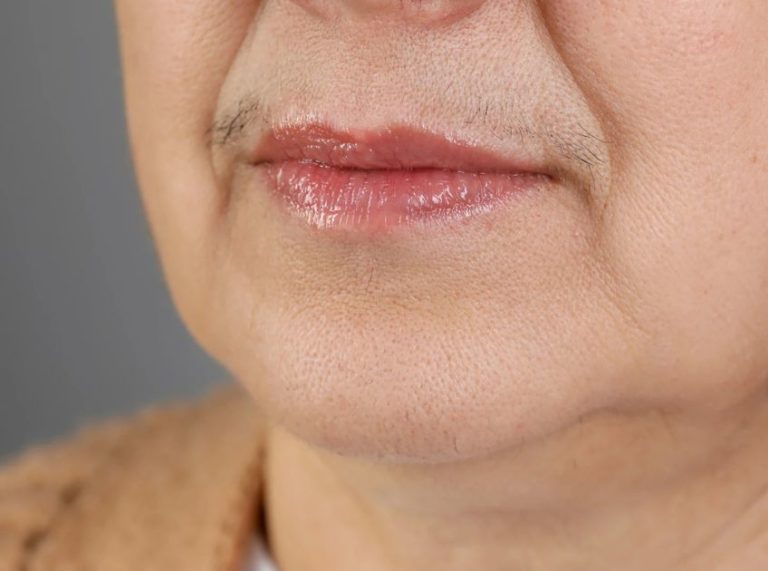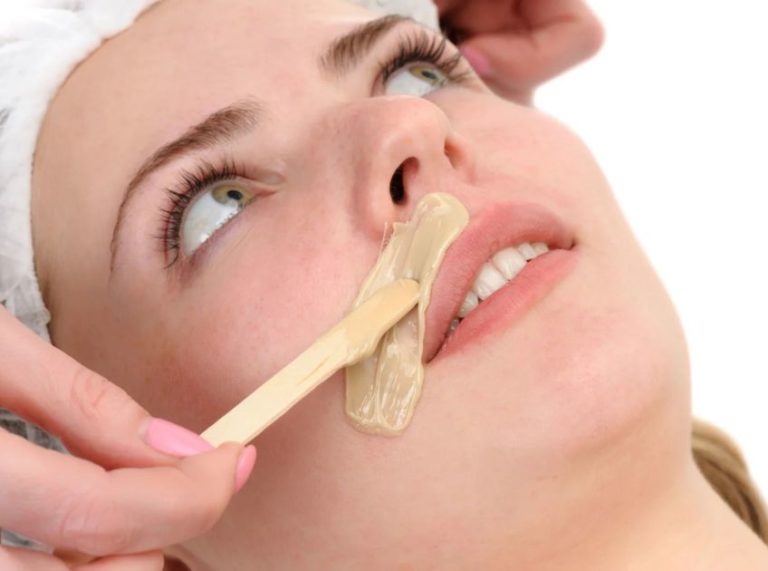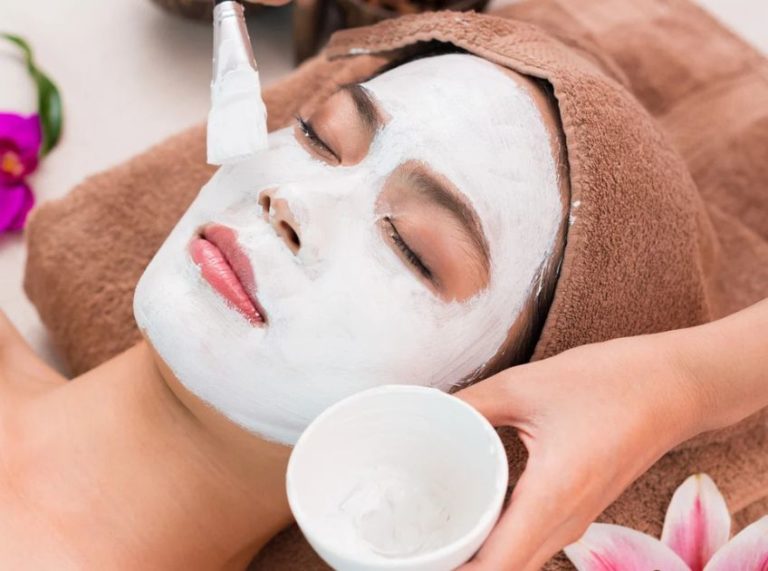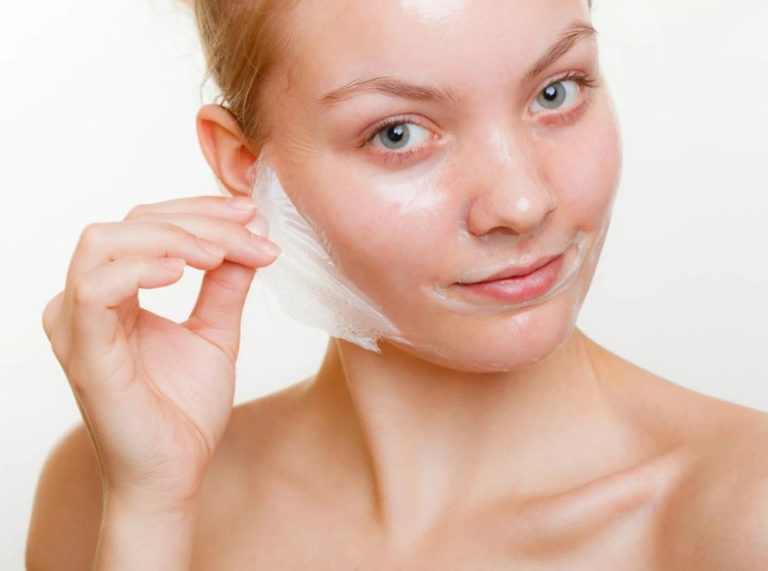
Important: This article is for informational purposes only. Please read our full disclaimer for more details.
Straightening wet hair might seem like a time-saver, but it can severely damage your hair. When hair is wet, it’s at its most vulnerable state, and using heat styling tools like flat irons can cause lasting harm. Here’s a comprehensive look at why you should avoid this practice and the healthier ways to style your hair.
Why You Should Avoid Straightening Wet Hair
- Heat Damage
Wet hair contains water trapped inside the hair shaft. When exposed to high temperatures, this water turns into steam, creating pressure within the strand. This process can destroy the hair cuticle, resulting in split ends, brittleness, and dullness. The damage can be severe and often irreversible. - The “Boiling Effect”
Using a flat iron on wet hair causes water to heat rapidly, forming steam bubbles inside the hair shaft. These bubbles weaken the structure of the hair, leaving it prone to cracks, roughness, and breakage. This phenomenon, known as “bubble hair,” is a major reason to avoid this practice. - Fragility of Wet Hair
Hair is more elastic and fragile when wet. The keratin bonds in wet hair are weaker, making it more susceptible to snapping or breaking when heat is applied. Straightening wet hair places undue stress on this already delicate state, leading to significant breakage over time. - Long-Term Damage
Regularly straightening wet hair can lead to chronic damage. The hair cuticle becomes less effective at locking in moisture, resulting in frizz, coarseness, and unmanageability. Over time, this can lead to the need for expensive treatments and repairs.
Myths About Wet-to-Dry Styling Tools
While some styling tools claim to be safe for wet-to-dry use, they can still cause harm. Many rely on intense heat to evaporate water, which risks damaging the hair cuticle and inner structure. Tools like the Dyson Airstraight are designed to minimize damage using controlled airflow instead of direct heat, but even these tools should be used sparingly and with proper precautions.
The Right Way to Straighten Your Hair
To keep your hair healthy while achieving a sleek, straight look, follow these expert tips:
1. Always Dry Your Hair First
- Use a blow dryer to remove moisture completely. Hair should be at least 90-100% dry before using a flat iron.
- For better results, dry your hair section by section to ensure even moisture removal.
2. Invest in Heat Protectants
- Apply a heat protectant spray or serum to shield your hair from thermal damage. These products create a protective barrier that reduces the risk of cuticle breakdown.
- Look for products with ingredients like argan oil, keratin, or silicone to lock in moisture and enhance shine.
3. Use High-Quality Tools
- Invest in tools with adjustable heat settings, ceramic or tourmaline plates, and even heat distribution to minimize damage.
- Avoid tools that claim to “steam style” wet hair unless they are explicitly designed with advanced technology to protect the hair shaft.
4. Air Dry When Possible
- Allow your hair to air-dry naturally before styling whenever you have the time. Pat your hair gently with a microfiber towel to absorb excess water and reduce frizz.
5. Limit Heat Exposure
- Use heat styling tools sparingly to prevent cumulative damage.
- Consider alternative styling methods, such as braiding wet hair for a heat-free wavy look or using rollers for a voluminous finish.
Safer Alternatives to Heat Styling on Wet Hair
- Wet-to-Dry Tools (Use Cautiously)
- Tools like the Dyson Airstraight use innovative technology to style damp hair without subjecting it to direct, high heat. While not completely risk-free, they are a better option than traditional flat irons for wet hair.
- Blow Dry with a Round Brush
- For a straight, smooth finish, use a blow dryer with a round brush. This method dries and styles your hair simultaneously, reducing the need for flat ironing.
- Protective Styles
- Embrace heat-free hairstyles like braids, twists, or buns while your hair is drying. Once dry, you can style it further with minimal heat.
Repairing Damage from Heat Styling
If you’ve already subjected your hair to damage from straightening wet hair, there are ways to help restore its health:
- Deep Conditioning: Use a deep conditioner or hair mask once a week to replenish lost moisture and strengthen your strands.
- Trim Regularly: Schedule trims every 6-8 weeks to remove split ends and prevent further damage from traveling up the shaft.
- Olaplex Treatments: Consider using products like Olaplex to repair broken bonds within the hair shaft.
- Protein Treatments: Incorporate protein treatments to rebuild keratin bonds and improve elasticity.
Key Takeaway
Straightening wet hair is a damaging practice that can leave your locks brittle, dull, and prone to breakage. While tools and products may promise safe wet-to-dry styling, the safest option is to always dry your hair first and use proper heat-protective products and tools. Taking these precautions will ensure your hair remains healthy, shiny, and manageable for the long term.
Prioritize your hair’s health by embracing safer alternatives and investing in the right products and tools. Remember: beautiful hair is healthy hair.
You Might Also Like:
- How to Straighten your Hair at Home?
- How to Straighten Curly Hair at Home: A Step-by-Step Guide
- How To Straighten The Hair Without Using A Relaxer
- How to Straighten Hair Naturally at Home
- How To Straighten Synthetic Hair
- How Often Should You Straighten Your Hair?
- Why Is My Hair Curly Underneath But Straight On Top?
- Can You Use Curly Hair Shampoo on Straight Hair?
